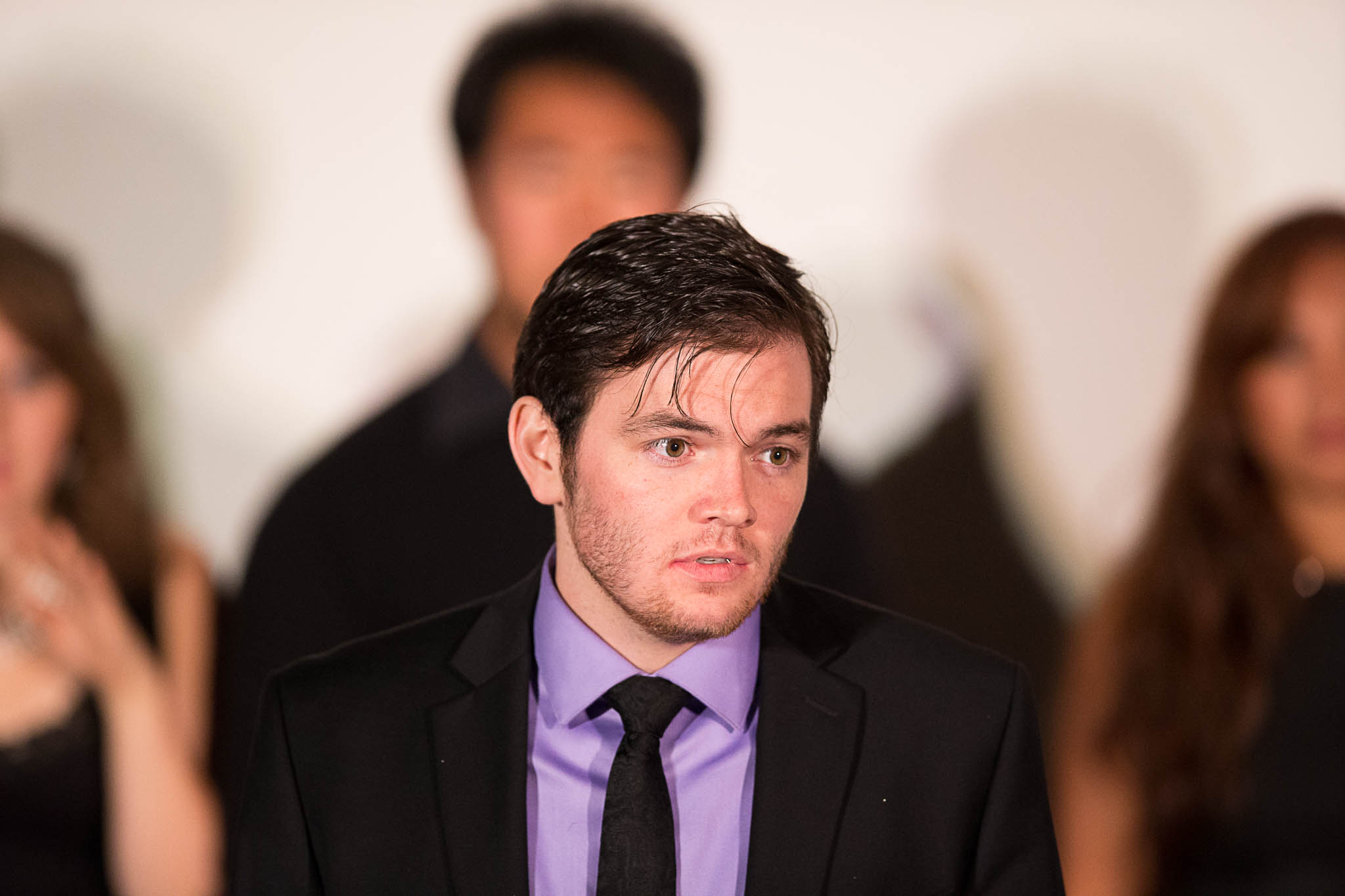
Running from Aug. 13 to Aug. 14 in Annenberg Auditorium, Stanford’s Asian American Theater Project (AATP) presented their take on the Broadway musical “Company,” originally written by Stephen Sondheim and George Furth.
The musical follows Bobby, a single 30-year-old man played by Andrew Forsyth ’14, navigating his romantic life in the midst of his married upper-class friends. From the very beginning, it immerses you in Bobby’s company of friends, starting off with a variety of voicemails left by his friends. The marriages and relationships presented in “Company” are far from perfect, making it often humorous to watch.
Even though there was only a limited amount of time for the cast and crew to prepare for the performance, it did not stop the production team from branching out and pursuing unique creative choices for the musical. What was particularly interesting was AATP’s choice to include LGBT couples, unlike the “conventional” couples found in the original production. This was a fitting choice, considering that Bobby encounters a variety of meanings for love and marriage. After all, the definition of love has expanded since the 1970s production and it’s only right to update it.
“Company” was a concept musical, having no straightforward plot but a unified theme. Because of that, it can be challenging to keep the audience on its feet. However, there are many facets that help carry this musical along.
For one, each character had a very vibrant and unique personality. Throughout the play, Bobby interacted with everyone, from his on-the-brink-of-divorce friends to his overly attached psychotic girlfriends. Each individual in his friend group had something different to offer to Bobby and to us.

Not only does each character provide something on his or her own, the way they interact with each other really makes the musical come alive. Stage-wise, Bobby’s company of friends constantly remained behind him, sometimes simply observing Bobby but other times cutting into the scene and chiming into Bobby’s life. “Company” carefully plays around with a dynamic relationship between Bobby’s ideas on love in relation to the ideas of his friends.
While it seemed like “Company” was a very simple and grounded concept, in reality it was a very intricate one that relied on deep character interactions to carry it forward.
By the end of the musical, Bobby turned a year older and we start to realize that this is not simply about Bobby and his journey to find love. We begin to understand that this is about us and how we choose to make the most of our surrounding environment.
More information about the Asian American Theater Project can be found on their website.
